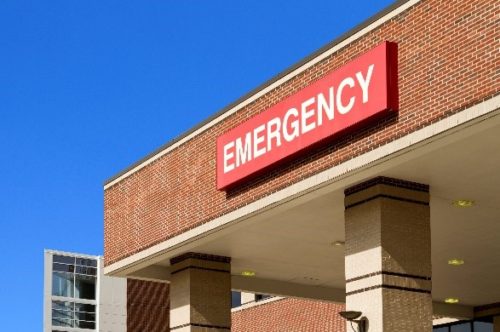 While the holiday season can be the happiest time of the year, it is also a time when emergency rooms get a lot of traffic. With so many people coming together and lots of decorating and cooking going on, it is common for viruses and other minor illnesses to show up, along with burns and injuries. Getting medical care can be tricky even on a regular day, so it’s important to be prepared for any medical needs you may have during the busy holiday season.
While the holiday season can be the happiest time of the year, it is also a time when emergency rooms get a lot of traffic. With so many people coming together and lots of decorating and cooking going on, it is common for viruses and other minor illnesses to show up, along with burns and injuries. Getting medical care can be tricky even on a regular day, so it’s important to be prepared for any medical needs you may have during the busy holiday season.
Here are some tips on where you may go for medical care:
- Telemedicine Service: Telemedicine enables you to speak with a doctor online or by phone for non-emergent medical conditions while you are at home or traveling, 24/7. Most health insurance companies offer a telemedicine service that is covered under your health plan. These consultations are convenient in situations when your primary care physician is unavailable, and are typically for conditions such as the flu, colds, cough, sore throat, urinary tract infection, vomiting, diarrhea, allergies, and skin issues. Prescription refills for maintenance medications may also be available through a telemedicine physician.
- Primary Care Physician (PCP): Seek care through your PCP for non-life threatening conditions such as severe cough, cold, allergy, high fever, nausea, or infection. Open communication with your PCP is important, especially if you are managing a chronic health condition. Your physician has your medical records and history on hand to provide you with the best treatment.
- Urgent Care Facility: Go to an urgent care facility if you are unable to see your PCP and have joint or stomach pain, mild asthma, cold or flu symptoms, a sprained muscle, broken bone, or minor injury or burn. Most urgent care centers are open during evenings, weekends, and holidays with doctors and nurses equipped to handle non-life threatening situations.
- Emergency Room: Emergency rooms are meant for life-threatening situations. You should seek immediate care at an ER if you experience a severe allergic reaction, chest pain, constant vomiting or bleeding, severe shortness of breath, deep wound, heart attack or chest pain, head injury, or unconsciousness. ERs are equipped to handle trauma and perform x-rays and surgical procedures when necessary.
Save yourself some of the stress of seeking medical care during the holidays by using the facility or service that is right for your situation.

John E. Aoki, M.D., CHCQM, FABQAURP
Chief Medical Officer
Brought to you by HMAA, where we’re passionate about your health. To find out more about HMAA’s health plans, visit hmaa.com or contact our Customer Service Center. For information about our menu of wellness services, please contact Naomi Azama at (808) 791-7607 or nazama@hmaa.com.





0 Comments